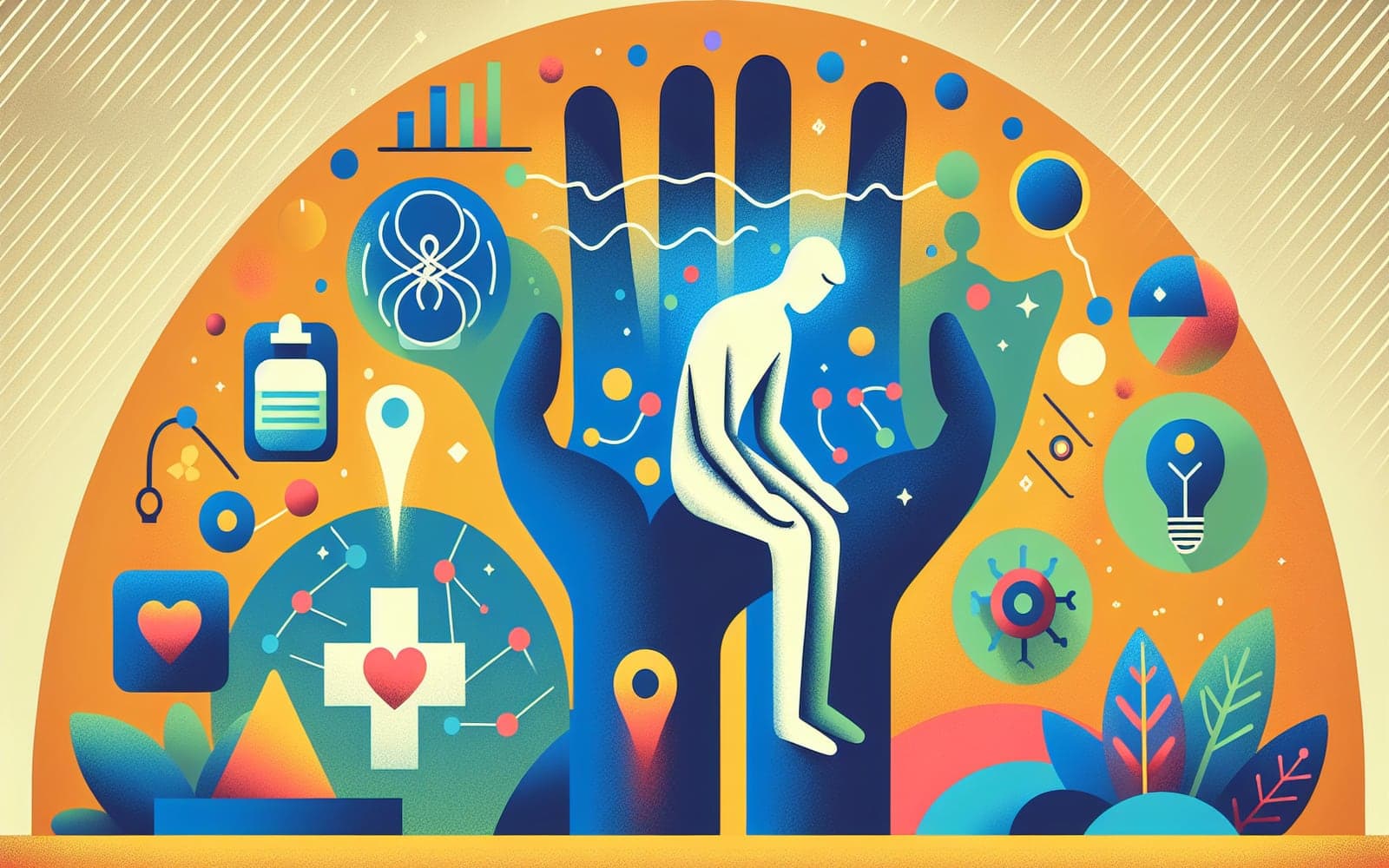Is Dizziness More Complex Than We Think?
Published: Jul 21, 2024
Dizziness is a common complaint that can stem from various causes. Understanding its roots is crucial for effective treatment.
Contents
Understanding Dizziness
Dizziness is a vague term used by patients to describe different sensations. It can include vertigo, a spinning sensation, or presyncope, a feeling of faintness. Identifying the type of dizziness is the first step in diagnosis.
Common Causes
The causes of dizziness can range from vestibular disorders to psychiatric issues. Peripheral vestibular dysfunction is seen in about 40% of patients, while 10% have central brainstem issues. Psychiatric disorders and other problems make up the rest.

Diagnosis Approach
A patient's description is key to diagnosing the cause of dizziness. Open-ended questions and a detailed history can help categorize the type of dizziness. Physical exams often confirm but rarely make the diagnosis.
Frequently Asked Questions
Dizziness is a broad term for sensations like spinning or faintness.
Vertigo is a sensation of spinning or motion, often due to vestibular issues.
It affects about 40% of dizzy patients.
Yes, they account for about 15% of dizziness cases.
Key Takeaways
Understanding the type and cause of dizziness is crucial for effective management.
Get started by discussing your dizziness symptoms with Doctronic for a clearer understanding.Related Articles
References
Neuhauser HK, Radtke A, von Brevern M, et al. Burden of dizziness and vertigo in the community. Arch Intern Med 2008; 168:2118.
Kroenke K, Lucas CA, Rosenberg ML, et al. Causes of persistent dizziness. Ann Intern Med 1992; 117:898.
Always discuss health information with your healthcare provider.